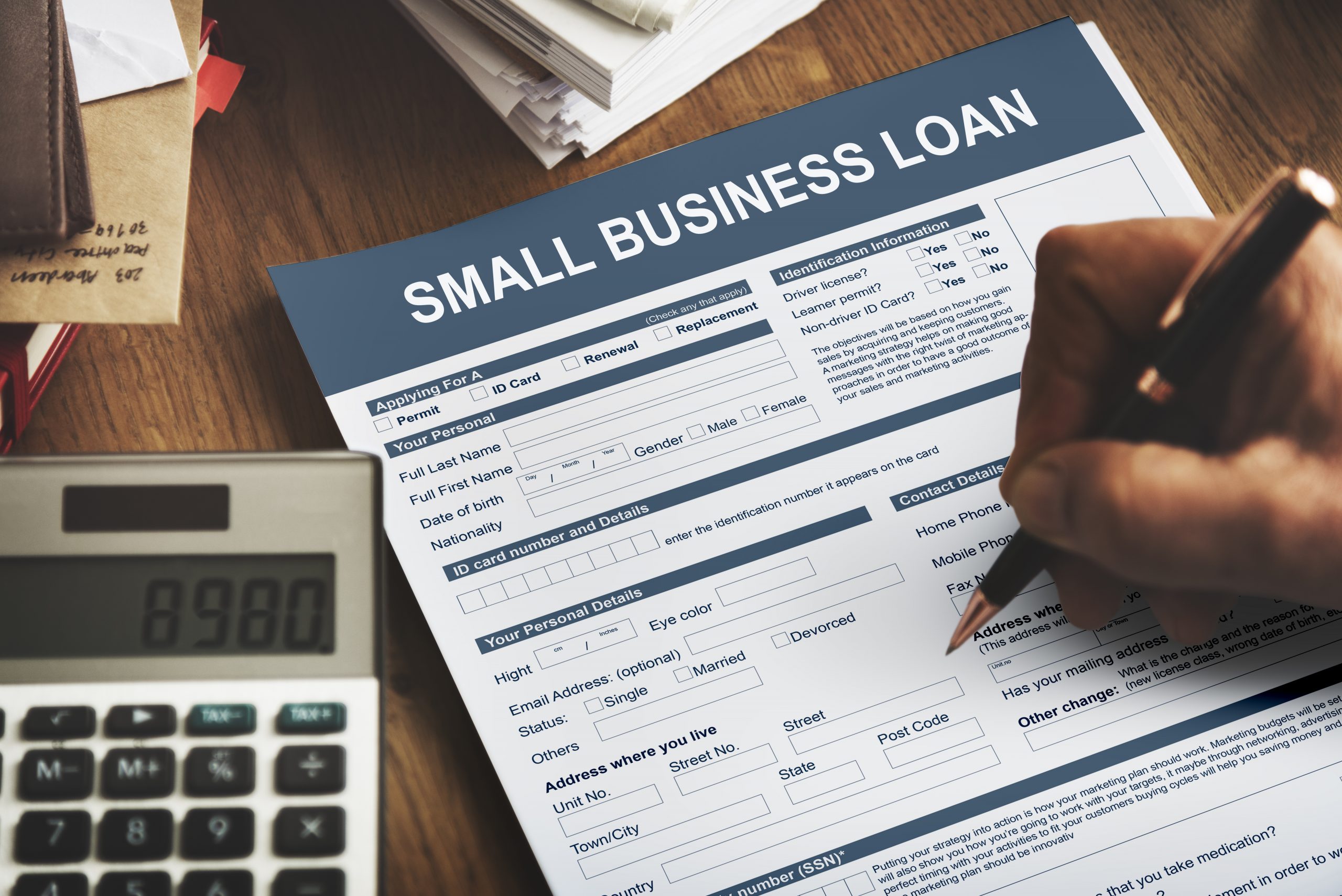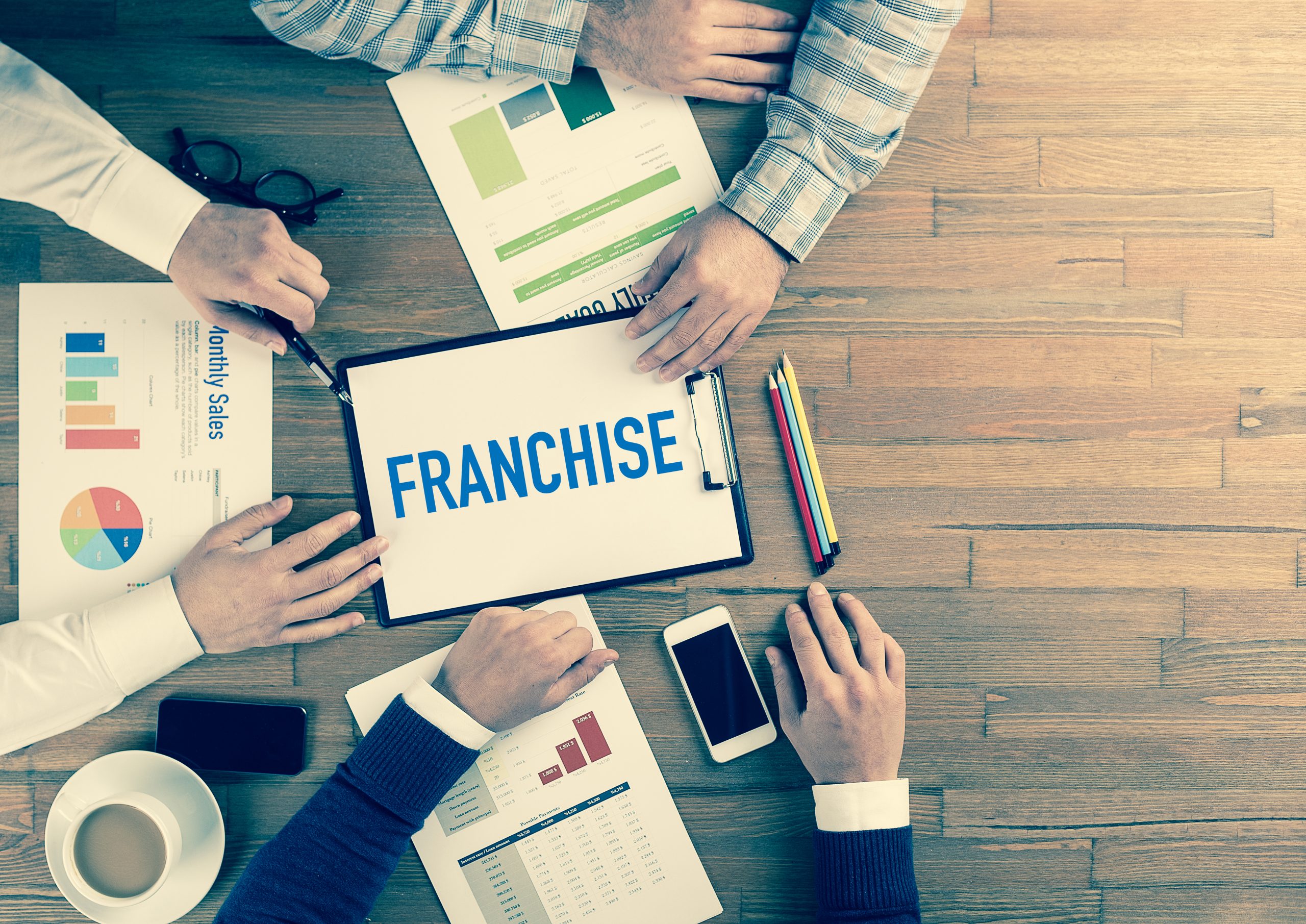Keeping track of your company’s finances might not be the sexiest job you have as a small business owner, but it’s certainly one of the most important. Unless you are a math super-genius, you’re going to need some software that will help you with the complex and laborious job of making sense of the mountains of paperwork relating to invoices, billing, receipts, taxes and payroll.
Accounting Basics
The accounting that most businesses use throughout the world is knows as “double entry bookkeeping”. This means that every financial transaction that occurs in your business has two entries in your accounting system. This is because every transaction has a loss and a gain. When someone buys your product, your inventory value decreases while your cash register increases by the same amount. If you buy materials to build your products, the total value of your materials increase, while the amount in your bank account decreases, again by the same amount. By recording every single transaction in this way, your financial records, or books, stay balanced.
Any accounting software package you look at should be able to handle certain essential accounting activities. You should be able to set up different credit and debit accounts, asset management, customer management, vendor management, quotes, invoicing, billing, and banking. If you provide products or services, the software should be able to manage pricing, inventory, and billable hours for your clients.
Make a list of every single type of financial transaction you have for your business. Whether you have a cash register or only work with bank deposits, if you employ only full-time people or your jobs are bid out to a group of vendors, your accounting software should be able to help you manage every transaction in your business so you can have an accurate picture of the financial health of your company.
A Spreadsheet is Not Accounting Software
One of the first critical mistakes that small businesses make when first starting out is thinking that spreadsheet software is accounting software. It’s not. There are many complex elements to bookkeeping and financial services that spreadsheets aren’t equipped to handle on their own. Accounting software, on the other hand, has many different features that are either built into the software or available as a plug-in or add-on. Bookkeeping, as well as other financial records, may be regulated or mandated by law in your country or your industry. You need to find out if and what the law requires you to do to keep your financial records.
As described above, double entry accounting is more complicated than keeping a list of transactions on a spreadsheet. Configuring a spreadsheet to manage your financial records is going to take much longer and become more complicated much faster than using accounting software that has been designed to handle transactions in a straightforward and universally accepted method.
Features to Look For
While all accounting software aims to provide the same type of basic service, i.e. managing your accounting, not all accounting software packages provide the same features. In fact, it is the distinct features that set one accounting software package apart from the next.
If you are going to be the only person who needs to access the accounting software, then you won’t need multi-user accessibility. But if you have partners or colleagues that may need access, look for software that allows more than one person to access the software simultaneously.
If your business is actually comprised of multiple business, or if your business manages other businesses, look for accounting software that can handle multiple businesses and can switch easily between them.
If you need to be able to access the information in the accounting software even when you’re not in front of your computer, look for software that is cloud- or server-based, so you can access the information from anywhere, at any time. If the software has a mobile app that you can use to access the information, consider that over one that doesn’t, as more and more businesses become mobile-friendly.
If your accounting and bookkeeping requires regular, repetitive entries, look for accounting software that allows you to automate repetitive tasks, to save you time having to manually enter the information over and over again.
One of the more important features, especially for small business, is the ability for accounting software to provide tax preparation services. Whether you prepare your taxes yourself or you hand it over to an accountant, you’ll need to have the ability to create tax reports so you can report your taxes properly and efficiently.
If your company relies on an outside service for financial information relating to the company, make sure the accounting software platform has the ability to either transmit the information to the outside vendor, or that your vendor can send the information directly to your accounting software, whichever you require.
Payroll services are not always included in accounting software packages. If your company is big enough to require payroll management, you may have to purchase an additional software package that integrates with your accounting software that will enable you to manage payroll. Most likely, the company that wrote your accounting software offers a payroll add-on as a premium product.
Pre-Sales Questions
If you’re looking to buy accounting software, you’ll need to find out a few things before you buy. If you have a specialty business, or provide products and services to a niche market, find out if the accounting software you’re interested in can be modified or customized to suits any particular idiosyncrasies in your business or industry.
Licensing is often a big issue with accounting software. Licenses limit the number of users that can independently access the software. Find out from the software vendor how many people can use the accounting software at the same time, to ensure your business isn’t slowed having to wait for people to take turns using a single computer.
If the software is located in the cloud, make sure your software vendor salesperson can provide sufficient explanation regarding the security and safety of your accounting data. All too often we hear stories of data breaches and compromised customer information, which can become a legal liability for your business. Find out also how and where your data is backed up, and how you can get your data if you choose to discontinue using their service in the future.
Find out if there are any hidden fees for using specific accounting software. Sometimes, the price quoted is only the basic price. Transaction fees, storage fees, hosting fees or any other fees that might have been omitted in the advertising information may make a seemingly reasonable monthly fee grow into something that is more expensive than you bargained for – or can afford.
Even if you’re technically savvy, accounting software can be complicated to understand. Make sure that the company that provides you with your accounting software has the kind of support you need, whenever you need it. While some questions can be answered on an online FAQ page or discussion forum, if you need live, personal technical support, you have to know that you can get it when you need it.
Budget and Pricing: Free Software vs. Commercial Software
There are plenty of free and commercial accounting software platforms available to small businesses. As this article points out, there are many differences between them that will require you to do plenty of research before choosing one. Usually, setting up accounting software for your business requires an investment in time in order to get started, and you don’t want to take more time than necessary out of running your business to keep setting up new accounting software packages.
Don’t simply look at the cost of a product to decide whether or not it is going to be helpful to your business. There are many other factors that you must take into consideration as well. You may need to take out a small business loan to cover the cost of the software, if it isn’t in your budget at the moment. If the software is optimized for your industry, has automation that will help streamline your financial tasks, and can generally reduce the workload of keeping your company’s finances straight, it would be worth it.
As mentioned earlier, small businesses often rely on spreadsheets when they first start out. The problem is that when the company starts to gain momentum, they become unwieldy and complicated. There are several free/open source accounting software packages that can compete with their commercial counterparts. If you can get a software package for free that does everything you and your accountant need it to do, there’s no need to spend money on a commercial package.
You can start by creating a list (in a spreadsheet) of all the software candidates under consideration and record a list of features that each one has, as well as which features are unique to each accounting software package. Once you have been able to determine the best software for your needs, roll up your sleeves and get started putting your business finances in order.
Support for The Software
If your company doesn’t have the necessary expertise to set up and maintain your accounting software, find out from the different software vendors you are researching what their available support options are, as well as how much it will cost. While their support agents won’t do your accounting work for you, they’re the first people you should turn to when you have a question about how to do something in your accounting software package.
In this area, commercial software typically outshines open source software. However, if you’re the type of person who can learn from online articles and video tutorials, the likelihood is that whatever your question is has probably already been answered by someone online.
It’s hard knowing what using your accounting software is going to be like once it’s already set up and customized for your business. Doing your research diligently and thoroughly will save you time, money and aggravation in the long run.
Talk to Your People
If you aren’t the person who will be using the accounting software on a day to day basis, make sure you take your employees’ opinions into account. Nothing is more frustrating than having to learn a new software when you already have expertise in another. Consider the time it will take to learn a new system as well. You need to ask yourself is it worth saving a few bucks on software if you’re going to lose productivity from your people. If you use any outside accounting, payroll or other financial services, be in touch with them to see what software they would recommend. Many different accounting software platforms have ways of integrating with various financial services, and the software you decide on should be able to connect with them without too much trouble.
If you don’t have the experience necessary to make the decision of which accounting software to use for your small business, the first place to go is to the people who can help you figure out which accounting software package is the right fit for your business. Don’t be afraid to admit that you don’t know anything about accounting software, and certainly don’t be afraid to learn everything you can.
When looking for accounting software for your small business, you have to take into consideration many different factors that could impact your business severely. If you’re unfamiliar with accounting software, you might even start to get a bit nervous. Take a deep breath and remind yourself that when it comes to your business, no one is more qualified to make the best decision for it than you. Sure, the decision you have to make may be unfamiliar, but by taking the time to do your homework, talking with your employees, your accountant, your business coach, and even mentor, you’ll feel more confident that the software you choose will help you with your goal of making your business a tremendous success.





